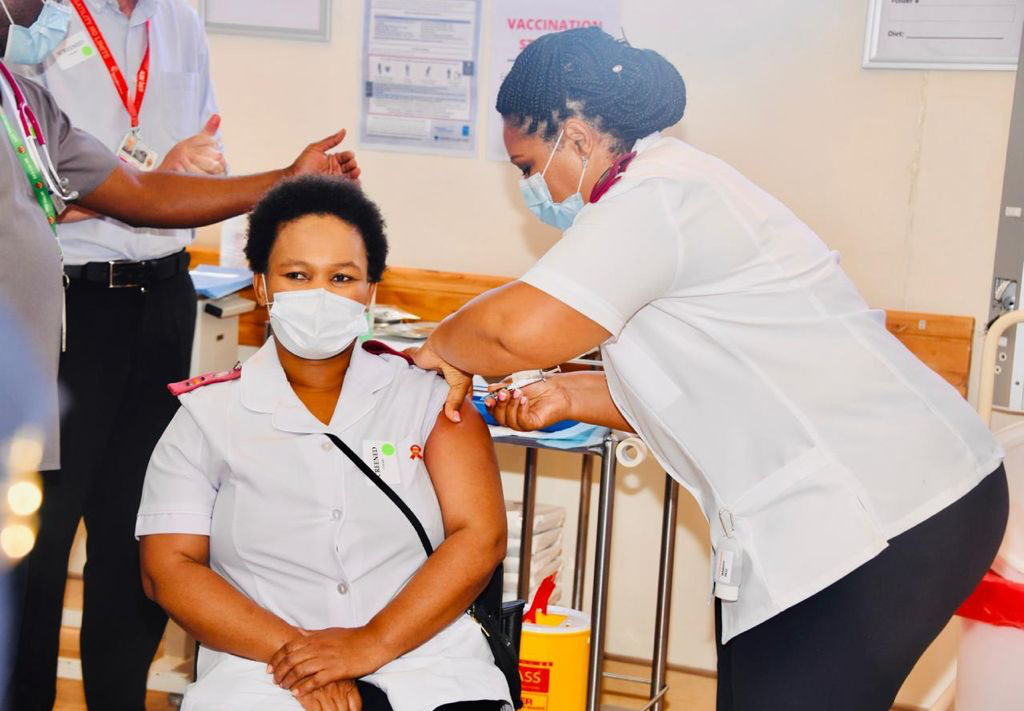Research: BCG and new preventive Tuberculosis vaccines: implications for healthcare workers

Associate Professors Mark Hatherill and Tom Scriba have co-authored a paper, titled: "BCG and New Preventive Tuberculosis Vaccines: Implications for Healthcare Workers" appearing in the April edition of Clinical Infectious Diseases Journal.

Abstract:
Healthcare workers (HCWs) are at high risk of Mycobacterium tuberculosis ( Mtb ) infection and tuberculosis disease, but also play a crucial role in implementing healthcare. Preexposure tuberculosis vaccination, including revaccination with BCG, might benefit Mtb -uninfected HCWs, but most HCWs in tuberculosis-endemic countries are already sensitized to mycobacteria. A new postexposure tuberculosis vaccine offers greatest potential for protection, in the setting of repeated occupational Mtb exposure. Novel strategies for induction of mycobacteria-specific resident memory T cells in the lung by aerosol administration, or induction of T cells with inherent propensity for residing in mucosal sites, such as CD1-restricted T cells and mucosa-associated innate T cells, should be explored. The need for improved protection of HCWs against tuberculosis disease is clear. However, health systems in tuberculosis-endemic countries would need significantly improved occupational health structures to implement a screening and vaccination strategy for HCWs.
